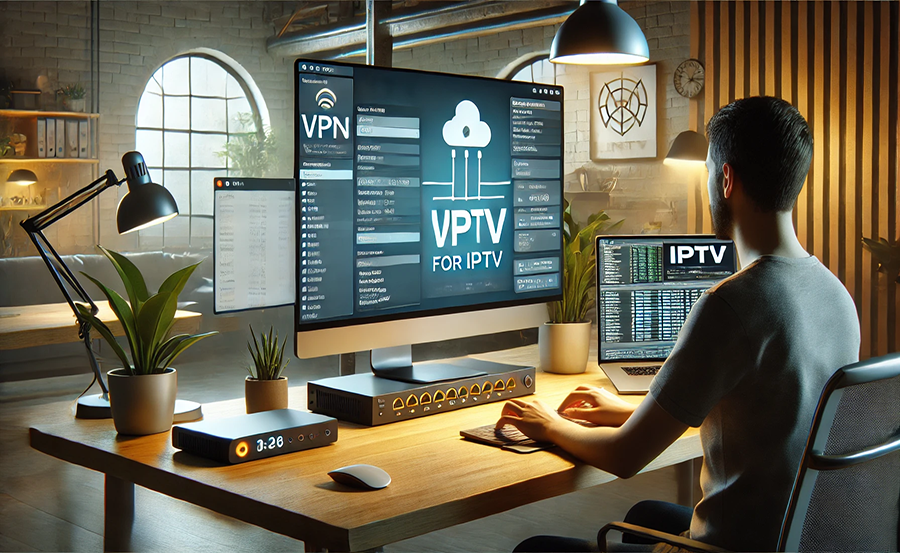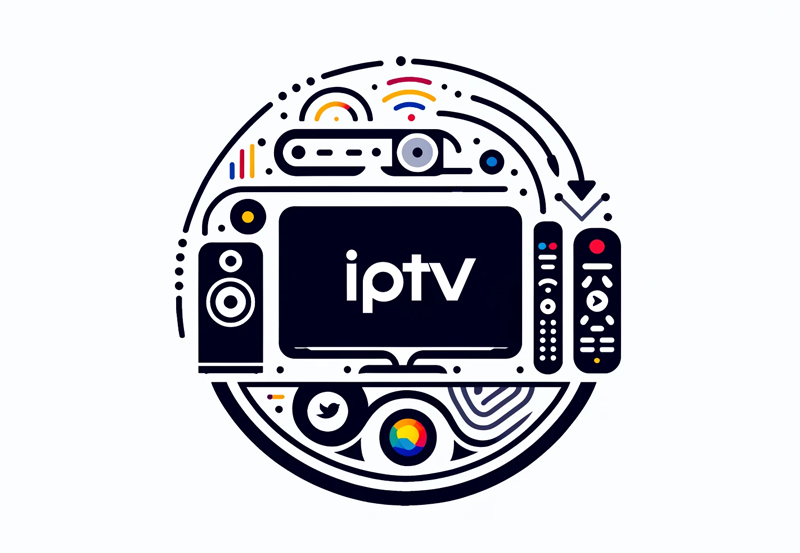The world of IPTV, especially on Linux systems, can seem like an intricate puzzle, full of potential but marred by the invisible barriers of geo-restrictions. These barriers can limit access to diverse global content, significantly affecting the user experience. As more individuals seek to harness the full spectrum of IPTV for Android and other platforms, understanding and overcoming these restrictions becomes crucial. But what does this entail, and how can you revolutionize your IPTV adventure? Let’s dive into the intricacies of these challenges and explore pragmatic solutions.
What Are Geo-Restrictions in IPTV?
Geo-restrictions refer to the limitations placed on digital content based on geographical locations. Content providers typically employ these restrictions to comply with licensing agreements, which dictate where their content can legally be accessed. For users on Linux systems accessing IPTV services, these limitations can obstruct access to channels and shows that are otherwise available only in particular regions—causing frustration and limiting the potential of global IPTV services.
The Impact of Geo-Restrictions on Linux Users
Linux users often face unique challenges when it comes to overcoming geo-restrictions. The open-source nature of Linux, while a boon for many applications, can sometimes fall short in the streaming arena, where proprietary software reigns. Users may find that their preferred IPTV apps lack compatibility or support for the Linux environment, which complicates accessing restricted content even further.
Smart Advice:
Catch every touchdown, goal, or slam dunk with IPTV for sports lovers, built for non-stop sports excitement.
This compatibility issue is compounded by a paucity of user-friendly tools to bypass geo-restrictions effectively, leaving many to either settle for limited content or seek alternative platforms.
Consequences for Global IPTV Services
Geo-restrictions do not just affect end-users; they also pose a significant challenge for global IPTV services aiming to offer consistent user experiences. Services must navigate the complex web of licensing laws in each region, which can limit their catalogues and restrict their market presence. This fragmentation often results in varied levels of service quality and content availability worldwide.
Moreover, legal ambiguities can lead to potential liabilities for service providers, deterring them from investing in broader accessibility improvements. Thus, both users and providers find themselves trapped by the reach and impact of geo-restrictions.
Practical Solutions to Overcome Geo-Restrictions in IPTV for Linux
Despite the challenges, there are viable solutions that Linux users can employ to bypass geo-restrictions, enhancing their IPTV experience. Below are strategic methods to consider:
Utilizing Virtual Private Networks (VPNs)
VPNs remain a popular and accessible solution for overcoming geo-restrictions. By rerouting your internet connection through servers located in different countries, VPNs mask your true location and allow access to geographically restricted content. Here are key points to consider when choosing a VPN:
- Ensure the VPN offers strong encryption and a no-log policy for privacy.
- Check for a wide range of server locations to maximize content access.
- Opt for VPNs with high-speed servers to prevent buffering while streaming.
For Linux users, it’s crucial to select a VPN service that provides comprehensive support for Linux distributions, ensuring seamless integration with your streaming setup.
Smart DNS Services as an Alternative
Another viable option is a Smart DNS service, which re-routes only specific parts of your internet traffic, making it appear as though you’re browsing from a different location. Unlike VPNs, Smart DNS services do not encrypt your traffic, offering potentially faster speeds. Consider these factors when opting for Smart DNS:
- Compatibility with your particular Linux distribution and IPTV setup.
- A robust lineup of supported channels and services.
- Ease of configuration and user support.
How to Revolutionize Your IPTV Adventure on Linux
Let’s talk about how Linux enthusiasts can leverage the right tools and practices to push their IPTV experience to unparalleled heights, transforming potential challenges into seamless entertainment enjoyment.
Optimizing Your Linux Setup for IPTV
Fine-tuning your Linux environment can significantly enhance your IPTV experience. First, ensure your system is updated with the latest software patches and drivers to maintain compatibility and performance. You might also consider:
- Choosing IPTV applications known for robust Linux support, such as KODI or VLC.
- Configuring network settings to prioritize streaming data, reducing lag and buffering.
- Exploring Linux-specific forums and communities for tailored advice and solutions.
Staying Within Legal Boundaries
While circumventing geo-restrictions can open up a world of content, it is essential to remain mindful of the legality in your jurisdiction. Always ensure your methods for accessing content comply with local laws, and respect copyright policies to avoid legal ramifications. Consulting with a legal expert or conducting thorough research can help clarify what’s permissible in your area.
FAQs: Navigating IPTV and Geo-Restrictions on Linux

What is IPTV, and why is it popular on Linux?
IPTV, or Internet Protocol Television, allows users to stream television content via the internet rather than traditional cable or satellite formats. It is popular on Linux due to the system’s flexibility and the wide availability of open-source IPTV applications, which cater to the tech-savvy nature of Linux users.
Are there any free VPNs that work well with Linux for IPTV?
Some free VPNs do support Linux, but they often come with limitations such as data caps, fewer server locations, and slower speeds. It is generally recommended to invest in a reliable paid VPN service for a better experience, ensuring support, speed, and unlimited data availability.
Can geo-restricted content be accessed legally?
Accessing geo-restricted content may breach the service terms of some providers, even if technically and regionally legal. Users should thoroughly review the terms and conditions of IPTV services and consider local copyright and content access laws before using tools such as VPNs or Smart DNS services.
What are the risks of using Smart DNS compared to VPNs?
Smart DNS services, while offering faster speeds due to lack of encryption, pose more privacy risks as they do not mask your IP address. This trade-off means that while you can enjoy superior streaming speeds, your personal data and browsing activity are less protected compared to when using a VPN.
How does Linux support enhance the IPTV experience?
Linux’s highly customizable environment allows users to tailor their IPTV applications and setups, ensuring a streamlined and efficient experience. Moreover, its open-source ecosystem encourages innovation, resulting in a healthy variety of compatible software. However, selecting well-supported and maintained applications is crucial for leveraging these advantages fully.
Demystifying IPTV Smarters: Key Features You Should Know





